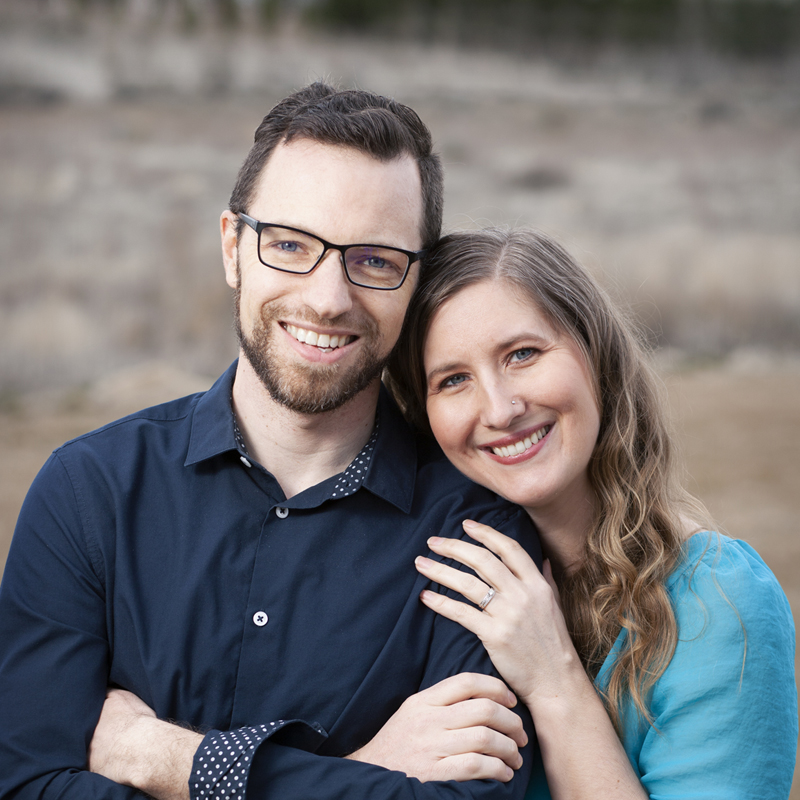Those who practice Messianic Judaism generally do not celebrate Christmas and Easter in the same way that mainstream Christians do. Their approach to these holidays varies based on biblical conviction, historical awareness, and cultural background. Here’s a breakdown of why many Messianic believers either avoid or reinterpret these holidays:
Christmas
December 25th is not mentioned in the Bible as Yeshua’s (Jesus’) birth date, and it is much more likely he was born in the fall (or even spring). The proximity of Christmas to Yule (the winter solstice) makes a lot of Messianic believers uncomfortable as there are those who think the two are connected.
Some Messianic families may celebrate Christmas as a time to honor Yeshua’s birth, while avoiding Santa Claus, Christmas trees, and other non-biblical customs. Finally, many in Messianic Judaism believe Yeshua was born during Sukkot, as it fits biblical clues better than December 25th. Instead of celebrating Christmas, some honor His birth during this biblical feast, which symbolizes God dwelling with His people.
Easter
The holiday of Easter was created by the Council of Nicea in 325 with some rather strong words against the Jewish people: “It was declared to be particularly unworthy for this, the holiest of all festivals, to follow the custom [the calculation] of the Jews, who had soiled their hands with the most fearful of crimes, and whose minds were blinded… We ought not, therefore, to have anything in common with the Jews, for the Savior has shown us another way…. We desire, dearest brethren, to separate ourselves from the detestable company of the Jews.” The non-biblical customs like eggs and rabbits often associated with Easter are also a turn-off to many Messianic believers who prefer to keep their faith practice closer to the original Jewish traditions. (Click Here for more information on the antisemitic nature of the separation of Passover and Easter.)
Passover is the biblical festival that commemorates Israel’s exodus from Egypt and also foreshadows Yeshua’s death as the Lamb of God (John 1:29). Many Messianic Jews celebrate Yeshua’s resurrection within the framework of Passover and the Feast of Firstfruits (which falls three days later).
In conclusion, most Messianic Jews do not celebrate Christmas and Easter in the traditional Christian sense. Instead, they focus on the biblical feasts, particularly Passover and Sukkot, which align more closely with Yeshua’s mission. However, there is variation, and some Messianic believers may observe aspects of these holidays while removing non-biblical elements.

Written by Messianic Pastors, Mark & Judy Rich
Mark & Judy lead The Bridge Messianic Fellowship in Boise, Idaho. You can find more information at www.thebridgeidaho.com.

